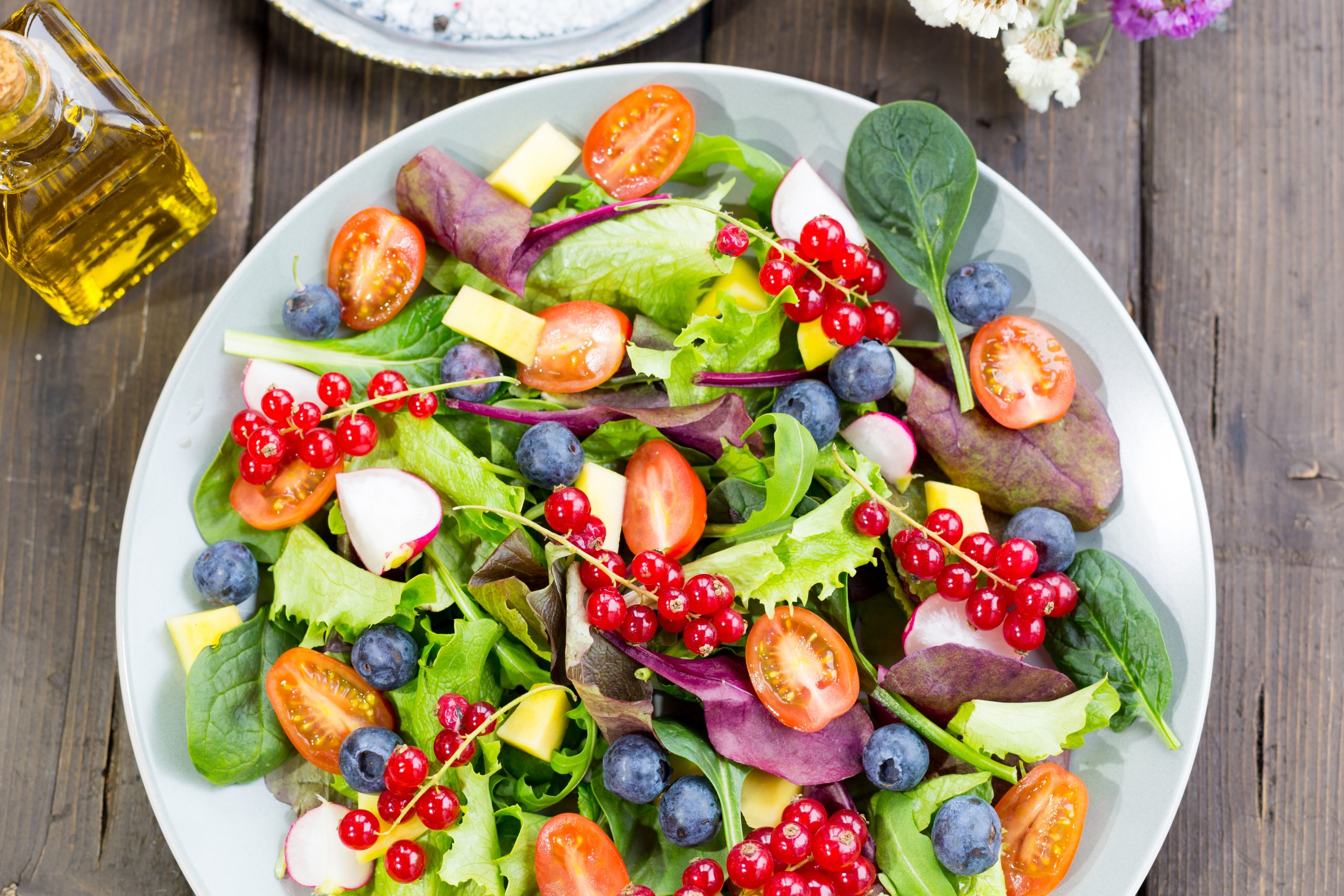Follow us on:

Vegetarian Diets
One may adopt a plant-based diet for multiple reasons such as religious beliefs, animal welfare rights or health. There are several classifications of plant-based diets but the 2 common types are Lacto-ovo vegetarians and vegans. Lacto-ovo vegetarians refer to people who include eggs and dairy on top of their plant-based diets. Whereas vegans refer to people who omit animal products entirely. Omitting animal-based products may lead to inadequate intake of certain types of nutrients. If you are practising a plant-based diet, ensure that you have an adequate intake of protein, iron, calcium and vitamin B12.
Protein
From building and repairing muscle tissues to maintaining a healthy immune system, protein plays an essential role in our diet. Majority of the protein rich-foods are animal-based. Lacto-ovo vegetarians can obtain their main sources of high quality protein from dairy, eggs, and soy products.
On the other hand, vegans need to make sure that their diet comprises at least 3 servings per day of high-protein plant-based foods — soy, quinoa, beans, peas, legumes, nuts etc.
Examples of 1 serving of plant-based protein are:
- 150g of soy food (eg. tempeh, taukwa or tofu)
- 1 cup of cooked beans, edamame, lentils, quinoa or peas
Soy products and quinoa are excellent sources of protein as they are high-quality protein which means they contain all the essential amino acids our body requires. Nuts and seeds are also rich in protein and can be consumed as snacks.
Iron
Our body requires iron to produce red blood cells and transport oxygen. Inadequate iron intake can lead to symptoms like extreme fatigue and even anemia. Good plant-based sources of iron include vegetables, whole grains, beans, peas and nuts. Nonetheless, as plant-sources of iron are not as readily absorbed as animal sources (eg. red meats), vitamin C rich fruits (eg. kiwis and oranges) may be taken alongside these foods to enhance iron absorption.
Caffeine may obstruct iron absorption. Hence it is recommended to avoid drinking coffee or tea immediately after meals.
Calcium
Not only are calcium responsible for building and maintaining strong bones, but they are also vital in maintaining healthy communication between the brain and other parts of the body. Adequate calcium intake helps to decrease your risk of osteoporosis. It is no doubt that dairy products are still the best sources when it comes to calcium. For individuals who do not take dairy products, opt for calcium-fortified soy milk, almond milk or oat milk in your diet. Whole grains, leafy vegetables, tofu and nuts also contribute small amounts of calcium. Consume calcium with vitamin D, as this vitamin increases calcium absorption in our bodies. Sources of vitamin D include fish (fish oil), fortified dairy products, mushrooms, and sunlight.
Vitamin B12
Vitamin B12 can only be found naturally in animal-based food such as dairy products and eggs. Hence, this is may pose a problem for vegans. For individuals who omit animal-based foods entirely, it is advised to consume vitamin B12-fortified foods like breakfast cereals or soy beverages. People who do not consume animal products should also regularly assess their vitamin B12 status to avoid vitamin B12 deficiency, which can potentially lead to a condition called pernicious anemia.
In conclusion, establishing an adequate intake of key nutrients through diet is necessary to prevent or decrease the risk of deficiency and the onset of unwanted conditions such as osteoporosis or anemia. Include a wide variety of grains, nuts, seeds, soy products, vegetables and fruits in your diet. For cancer patients, discuss your food intake with a registered dietician if you are practicing a plant-based diet or if you are planning to start a plant-based diet.
